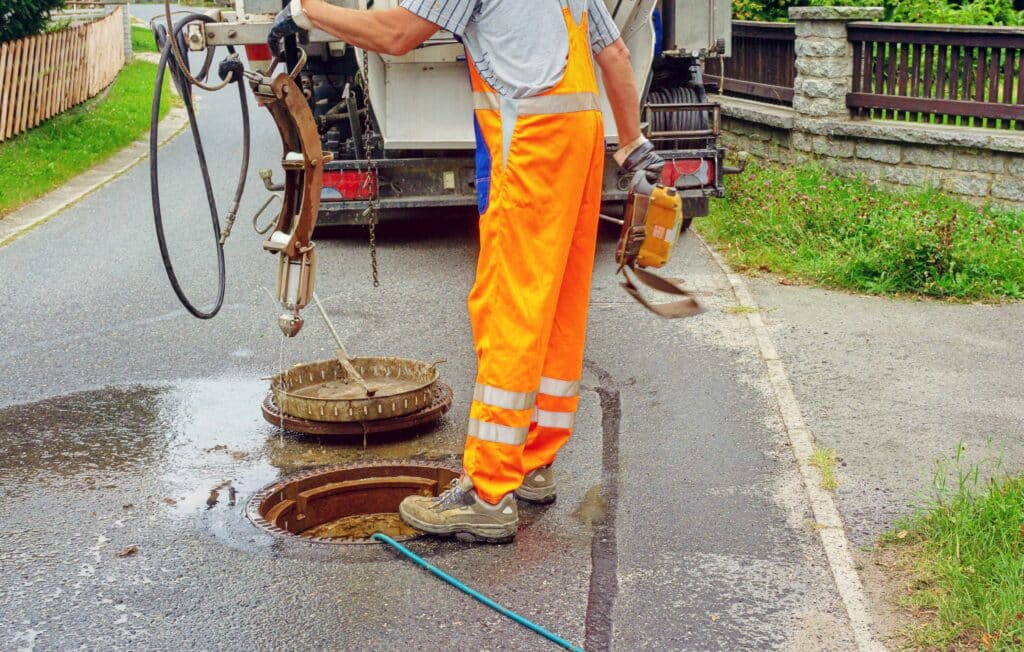Wisconsin City Updating Regulations For Grease Interceptors
The city of Superior Wisconsin is on the cusp of implementing significant changes to its sewer usage ordinance, a move that’s been brewing for several years. These impending changes are a direct result of a pretreatment compliance audit by a state-level Natural Resources Department conducted a few years ago.
With the endorsement of the Public Works Committee, these amendments are poised to bring substantial alterations in the way local businesses, especially those in the food service industry, manage their grease interceptors and waste disposal.
One of the key aspects of these changes revolves around local limits on specific discharges. It includes more stringent recordkeeping requirements for liquid waste haulers.
But the most notable impact will be on food-serving establishments, including restaurants, hotels, schools, and hospitals. These entities will soon face stricter regulations regarding the disposal of fats, oils, and grease.
They will delay enforcement of these regulations to give the City’s Environmental Services Division sufficient time to collaborate and educate the concerned establishments. This approach is designed to foster a sense of partnership and ensure thorough compliance with the updated grease interceptor regulations.
According to a representative from the Environmental Services Division, these new regulations will be applicable to any establishment with a commercial kitchen. While the state’s plumbing code already mandates that food-serving establishments are equipped with grease interceptors, the updated ordinance aims to ensure these interceptors are not just present, but also well-maintained and functioning optimally.
The intention is to shift from a somewhat passive approach to a more proactive one, where the City can actively enforce maintenance of these grease interceptors, particularly when issues arise in the sewer system due to fats, grease, or oil.
This change in the ordinance is not just about enforcement but also about prevention. Currently, there is a lack of regular inspections to check if interceptors in food-serving establishments are up to the mark.
The new regulations will rectify this by enabling the City to conduct these inspections and establish a structured approach to identify and address problem areas. It’s about moving towards a scenario where the City can actively engage in educating establishments and ensuring compliance.
The practical benefits of these ordinance changes extend beyond compliance. The City’s Environmental Services Division’s collections crew currently conducts semi-annual sewer cleanings, with extra efforts concentrated in areas downstream of food-serving establishments.
These cleanings are essential to manage the buildup of fats, oils, and greases, which can lead to blockages, sewage backups, and sanitary sewer overflows. The ordinance change is expected to mitigate some of these issues, thus potentially reducing the frequency and intensity of these cleanings, as explained by the Public Works Director.
To address this issue at a behavioral level, the City has begun distributing information packets and containers specifically designed for the disposal of fats, oils, and grease. This initiative indicates a shift towards a more holistic approach, combining regulatory changes with efforts to influence individual behaviors.
With the implementation of these new regulations, the focus now shifts to awareness and preparation. The City is gearing up to work closely with the affected establishments to ensure they are well-informed about the new requirements and are fully prepared to comply. This approach aims to avoid any surprises and ensure a smooth transition to the new grease interceptor regulations, benefiting both the City’s infrastructure and the community at large.
If you’d like to keep food debris from clogging your grease interceptor so you won’t need to have it pumped out as often, consider installing The Drain Strainer.
Invented by a former restaurant owner, The Drain Strainer captures food solids that normally clog your pipes and grease trap, while still allowing your sinks to drain quickly.

